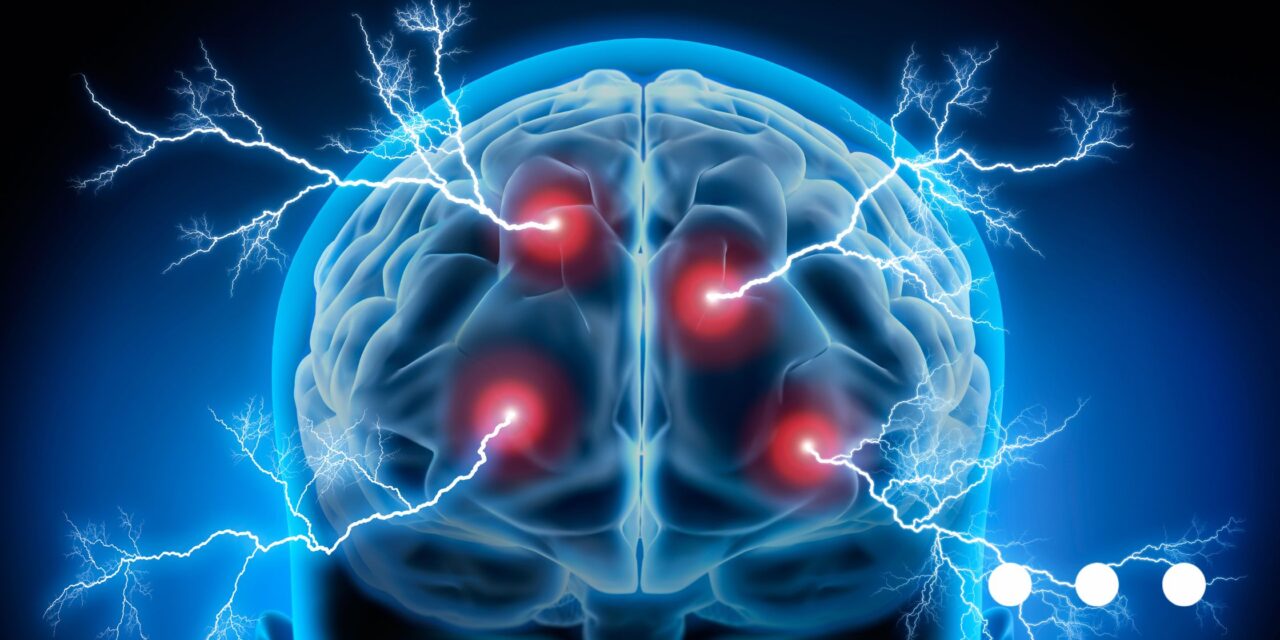Alcohol’s effects on the brain go beyond short-term relaxation; it actively alters brain chemistry, especially by interacting with dopamine, a neurotransmitter linked to reward and pleasure. This interaction is key to understanding addiction and dependence on alcohol. Let’s explore how dopamine functions, how alcohol affects it and what treatment options can help manage these responses.
Understanding Dopamine and Its Role in Addiction
Dopamine, often known as the “feel-good” chemical, is a neurotransmitter essential to the brain’s reward system. This system rewards beneficial behaviors, such as eating or socializing, by releasing dopamine, which produces feelings of pleasure and satisfaction. This mechanism reinforces behaviors, encouraging repetition.
However, certain substances, including alcohol, can exploit this reward pathway. When dopamine responses become exaggerated, they pave the way for addictive behaviors. A “hyperactive dopamine response” occurs when alcohol consumption causes excessive dopamine release, heightening feelings of pleasure and reinforcing the desire for more alcohol.
This is why people may find it hard to stop drinking, as their brain increasingly associates alcohol with a highly rewarding experience, leading to dependence.
How Alcohol Triggers a Hyperactive Dopamine Response
Alcohol directly influences dopamine release in the brain, specifically within the mesolimbic pathway—an area closely tied to reward and pleasure. Here’s how this process works and ultimately contributes to addiction:
- Initial Dopamine Release. When someone consumes alcohol, dopamine levels in the brain surge, creating a feeling of pleasure. This dopamine boost rewards the brain for drinking and reinforces the behavior.
- Repeated Use and Dopamine Overstimulation. As alcohol consumption becomes routine, dopamine responses become increasingly intense, creating an “overstimulation” effect. The brain begins to anticipate the dopamine rush from drinking, and with continued alcohol use, this response becomes hyperactive. This escalation is a hallmark of addictive behavior.
- Craving and Dependence Development: As the brain adjusts to constant dopamine surges, it begins to rely on alcohol to maintain those dopamine levels, leading to physical and psychological cravings. Eventually, individuals need more alcohol to achieve the same euphoric feeling—a phenomenon known as tolerance.
- Tolerance and Escalation: The brain adapts to these intense dopamine levels by becoming less responsive, requiring even higher amounts of alcohol to reach the desired effect. Over time, this cycle of increasing intake can spiral into dependence and addiction.
Effects of a Hyperactive Dopamine Response on Mental Health
The hyperactive dopamine response to alcohol doesn’t just reinforce addictive behaviors; it also has severe effects on mental health, impacting emotional, psychological, and cognitive well-being.
Emotional and Psychological Impacts
Individuals with a hyperactive dopamine response may experience heightened emotional instability. This response can exacerbate mood disorders, such as anxiety and depression.
Alcohol’s impact on dopamine can worsen these issues by creating a dependency cycle where mood deteriorates when not drinking, leading to more frequent consumption to counteract negative emotions. Over time, this cycle creates a dependency on alcohol for mood regulation, making it challenging to manage emotional stability.
Cognitive and Behavioral Effects
Beyond mood, a hyperactive dopamine response can impair critical cognitive functions. Dopamine surges can disrupt the brain’s natural decision-making processes, diminishing self-control and promoting impulsive behaviors.
This impaired decision-making contributes to risky behaviors and can deeply affect daily life, from personal relationships to work performance. As addiction becomes entrenched, brain pathways are rewired to prioritize alcohol, making it increasingly challenging to resist cravings and control consumption.
Treatment Approaches for Dopamine-Driven Alcohol Addiction
Addressing a hyperactive dopamine response to alcohol requires a multifaceted approach, combining behavioral therapy and medications to normalize dopamine levels, reduce cravings and manage underlying triggers.
Behavioral Therapy and Counseling
Behavioral therapies are fundamental to managing addiction by helping individuals change their thought patterns and behaviors associated with alcohol use. Cognitive Behavioral Therapy (CBT) is particularly effective, focusing on identifying and changing the negative thought cycles that drive addictive behaviors. By managing triggers and developing healthy coping mechanisms, individuals can gain control over their dopamine-driven responses to alcohol.
Another approach, motivational interviewing (MI) is another helpful approach for ambivalent individuals about treatment. MI involves guiding individuals through their motivations and goals, helping them see the benefits of reducing or quitting alcohol. Both CBT and MI offer tools to understand and manage the emotional and psychological aspects of addiction, promoting long-term recovery.
Medication-Assisted Treatment (MAT)
In addition to behavioral therapies, Medication-Assisted Treatment (MAT) offers a clinical approach to managing cravings and reducing alcohol dependence. Medications like naltrexone specifically target dopamine-related cravings. This helps reduce the brain’s association of alcohol with intense pleasure, making it easier to control cravings.
Medications in MAT help normalize dopamine levels and provide a vital support system as individuals work on breaking the dopamine-alcohol connection. When combined with therapy, MAT can help individuals stabilize their dopamine responses, reducing the intense cravings that drive addiction.
Wrapping Up
The hyperactive dopamine response to alcohol is a central factor in addiction, as it alters the brain’s reward system and creates a powerful cycle of craving and dependence. The effects of this response extend beyond pleasure, impacting mental health, emotional stability and decision-making abilities. With approaches like behavioral therapy and Medication-Assisted Treatment, individuals can break free from the cycle of dopamine-driven addiction.
If you or someone you love is struggling with alcohol dependence, we’re here to help. At Addiction Treatment Magazine, we offer a wealth of resources to guide you in finding the right rehabilitation program, support groups, and treatment options. You can also explore information on AA meetings, helplines and additional resources to support you every step of the way.
Recovery is possible, and taking that first step toward help can lead to a healthier, more fulfilling life.

